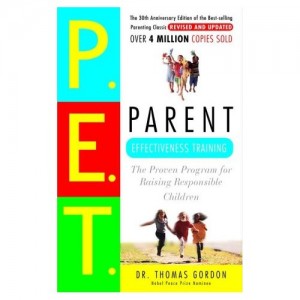 In a recent blog post, Dayna explains her approach as a parent to bedtimes, and answers some questions from parents in the comments section.
In a recent blog post, Dayna explains her approach as a parent to bedtimes, and answers some questions from parents in the comments section.
Last night, around ten, Orion told me he was ready to go to bed. He is only three years old. About an hour later, Ivy came crawling up the stairs and said, “I love going to bed!” She brushed her teeth, and snuggled in next to us and asked me to tickle her back.
All of my children love bedtime. I know it is because they were never forced or coerced to go to bed before they were tired and ready to. Living the Radical Unschooling life, we choose to respect our children’s natural sleep cycle. I believe this is the healthiest way for children to live, without a parent-imposed bedtime.
You can read the entire blog post at Dayna’s site.

